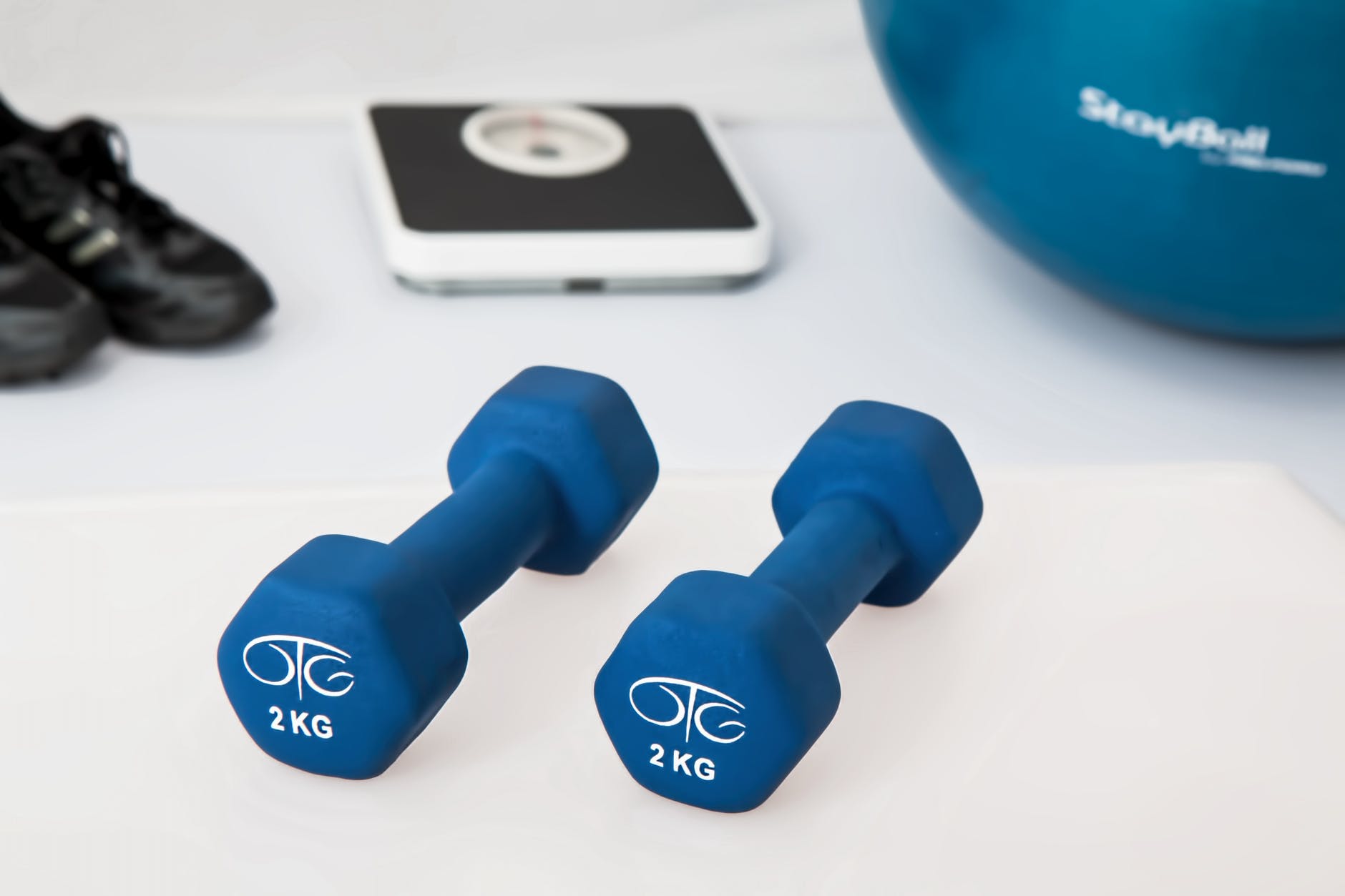Your veins lie at the heart of your health, playing the crucial role of oxygen and nutrient distribution throughout your body. The health of your veins is impacted by various factors, including your diet. Dr Vidal Sheen will discuss how dietary changes can help promote robust vein health.
Hydrate for Health: Water and Vein Vitality
Hydration is critical for maintaining robust vein health. Consuming a healthy amount of water helps thin the blood and promotes better circulation, reducing the chances of blood clots developing in your veins. Always have a water bottle handy, and remember—when you’re thirsty, you’re already dehydrated!
Boosting Bioflavonoids: Nature’s Vein Protectors
Bioflavonoids, found in certain fruits and vegetables, are known to strengthen the walls of your blood vessels, including veins. Incorporating bioflavonoid-rich foods such as oranges, bell peppers, cherries, and spinach can help fortify vein walls and valves, contributing to better vein health.
Salt and Vein Health: Loosening the Pinch
A high-sodium diet can contribute to water retention and swelling, which can put more pressure on your veins. To ease the burden on your veins, aim to cut back on salt intake. Reach for herbs and spices to flavor dishes rather than reaching for the salt shaker, and watch out for hidden sodium in processed foods.
Harnessing the Power of Fiber: Digestion to Blood Circulation
High-fiber foods can help prevent constipation, which can lead to varicose veins due to increased pressure on the veins of the lower body. Besides promoting gut health, fiber-rich foods like whole grains, fruits, vegetables, and legumes can also help maintain a healthy weight, reducing the strain on your veins.
Balanced Blood Sugar: A Sweet Spot for Vein Health
Dr Vidal Sheen states that consuming too much sugar can lead to weight gain and inflammation, both of which can negatively impact circulation and vein health. Aim to keep your blood sugar levels stable by eating balanced meals featuring plenty of lean proteins, whole grains, and fresh fruits and vegetables and minimizing high-sugar foods and drinks.
Going Green: Leafy Wonders for Vein Well-being
Leafy green vegetables such as spinach and kale are high in vitamin K, a necessary component for blood clot formation. Regularly including these in your diet can help maintain the elasticity of your veins and prevent harmful clot formation.
Mighty Magnesium: Essential Mineral for Vein Vitality
Magnesium is a superstar mineral when it comes to vein health. It promotes better blood flow and circulation, which can help keep your veins healthy. Almonds, black beans, tofu, and avocado are excellent sources of magnesium that can easily be included in your diet.
Embrace Healthy Fats: Oils for Optimal Health
Healthy fats, like those found in avocados, oily fish, and olive oil, can help reduce inflammation and promote better circulation, maintaining the healthy integrity of your veins.
Limit Alcohol: Moderation is Key
Excessive alcohol consumption can raise blood pressure and in the long run, may weaken your veins. The key is moderation. Aim to stick to the recommended limits, and always hydrate with water in between alcoholic drinks.
For Dr Vidal Sheen, taking care of your veins is as much tied to your kitchen as to your general lifestyle. Remember, the path to vein vitality is a gentle journey of consistent healthy eating, not an instant transformation.



